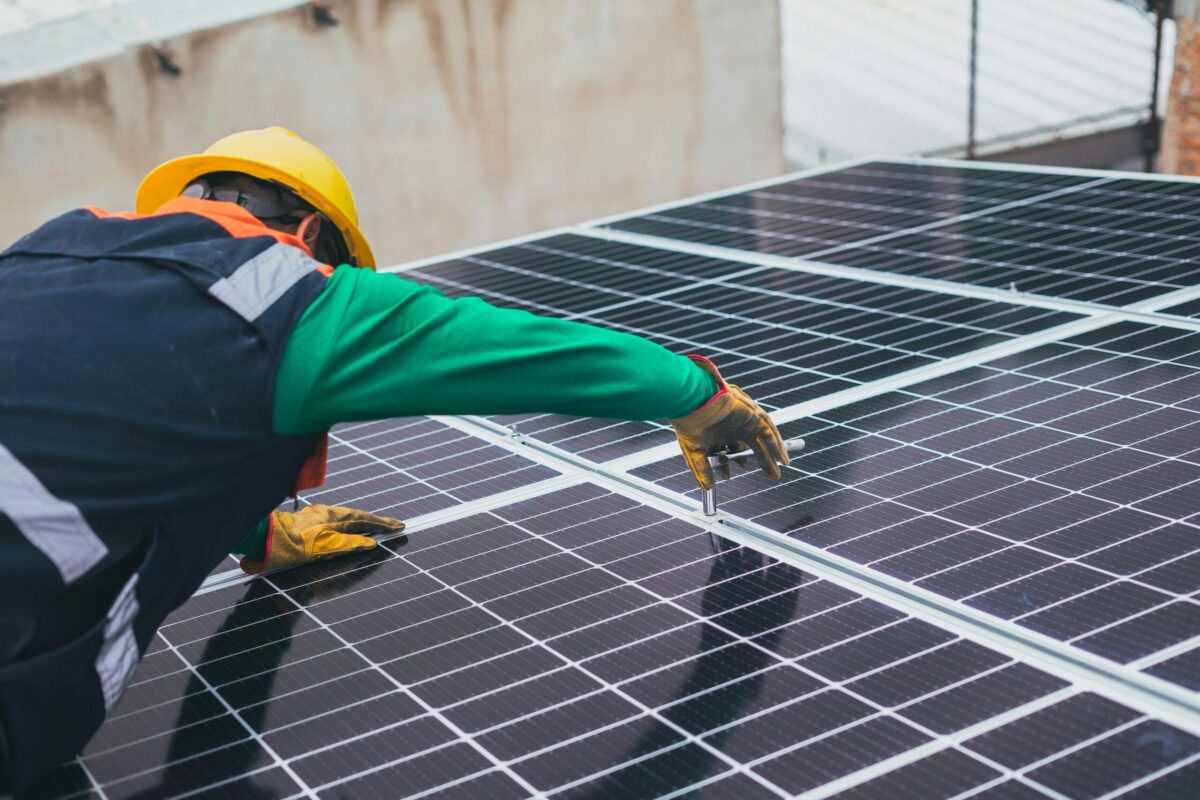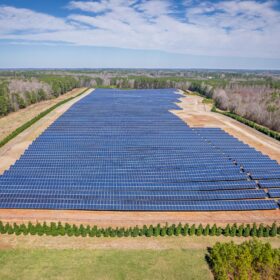After years of fighting solar power, the Sunshine State has gone all-in on solar power – including the state’s capital of Tallahassee, whose city officials figure the sun is a lot more reliable than depending on the intermittent rains in the Panhandle.
Accordingly, the city decided, as part of its 10-year site plan submitted in April, to surrender back to the Federal Energy Regulatory Commission its license to operate the 11 MW C.H. Corn Hydroelectric Station five years before it was due to expire. The state is currently reviewing the application and taking public comments. Once the comment period closes, it will decide if they will allow Tallahassee to surrender the license.
In its place, Tallahassee has partnered with developer Origis Energy to construct a 20 MW solar farm near the city’s airport. The partners broke ground on the project in June and said the farm, when completed by the fall, will generate 37 million kilowatt hours (kWh) of electricity each year – the same amount of electricity currently produced by the hydroelectric plant. It’s expected to power 3,400 homes and businesses in the Sunshine State’s capital. The city has also instructed its staff to move forward with planning a second, 40 MW solar farm.
The electricity produced by the solar plants will feed into the city’s grid, which is maintained by its municipal utility, Tallahassee City Electric (TCE). Tallahassee’s solar program will allow ratepayers to customize their participation level in the program at three levels: 25%, 50% or 100%.
According to reports by local TV station WCTV, TCE’s General Manager Rob McGarrah said the electricity from the hydroelectric plant costs $85 per MWh, whereas the electricity from the solar farms can be had for $50/MWh. McGarrah also told the station that the solar farms put out more energy and are more reliable than hydropower.
“The big issue with our hydroelectric facility is where it gets its water, and it’s dependent on how much water falls in south Georgia, runs down the Ochlocknee River and then the little river into the lake,” McGarrah said. “Since that’s highly dependent on rain fall the amount of energy we get is very variable. You can’t schedule it every day because you don’t know how much water is going to be coming down.”
When the city broke ground on the first solar farm in June, the mayor could barely contain his excitement.
“As Florida’s Capital City, we are thrilled to harness the Sunshine State’s most renewable energy source for our community’s use,” Tallahassee Mayor Andrew Gillum said in a press release. “Offering Tallahassee residents the ability to customize their participation in our solar program is an innovative way to keep our city utility among the best in the nation, and ensure we are preserving our energy resources for years to come.”
As for the C.H. Corn facility, the state is in the process of performing a competitive solicitation for a new operator of the facility, which may or may not maintain its rights to produce electricity.
This content is protected by copyright and may not be reused. If you want to cooperate with us and would like to reuse some of our content, please contact: editors@pv-magazine.com.








By submitting this form you agree to pv magazine using your data for the purposes of publishing your comment.
Your personal data will only be disclosed or otherwise transmitted to third parties for the purposes of spam filtering or if this is necessary for technical maintenance of the website. Any other transfer to third parties will not take place unless this is justified on the basis of applicable data protection regulations or if pv magazine is legally obliged to do so.
You may revoke this consent at any time with effect for the future, in which case your personal data will be deleted immediately. Otherwise, your data will be deleted if pv magazine has processed your request or the purpose of data storage is fulfilled.
Further information on data privacy can be found in our Data Protection Policy.